Defence review highlights alarm over ‘highly vulnerable’ strategic fuel reserves
The Albanese government’s Defence Strategic Review will sound the alarm over the poor state of Australia’s strategic fuel reserves and our over-reliance on refined imports, which is a risk during any conflict.
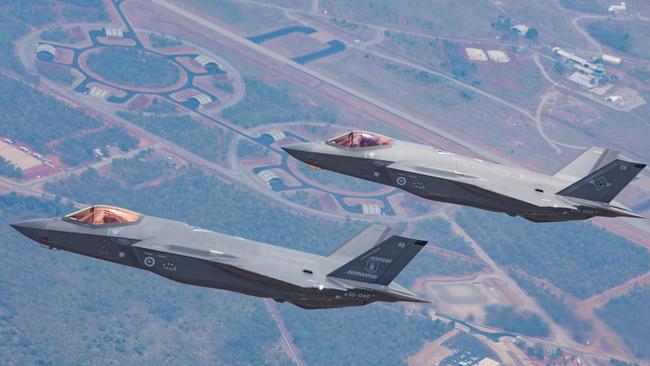
The Albanese government’s upcoming Defence Strategic Review will sound the alarm over the poor state of Australia’s strategic fuel reserves, warning that the nation’s over-reliance on refined fuel imports makes it highly vulnerable in a conflict.
The document will make key recommendations aimed at strengthening the nation’s preparedness for war, calling for expanded fuel storage infrastructure, more munitions and improvement of logistics and sustainment systems.
A senior Labor source told The Australian “sovereignty and resilience” were central themes of the report, a declassified version of which is due to be released in mid-April.
The Australian can also reveal that a series of strategic mobilisation workshops were conducted late last year to help Defence get on top of the logistics challenges it would face if an Indo-Pacific war broke out in the next decade.

The multi-agency exercises examined how tens of thousands of Australian Defence Force personnel could be deployed with their equipment to key Top End staging points, and kept supplied with fuel, food, water and spare parts for an extended period.
The imminent release of the review coincides with a Pentagon decision to disperse fuel supplies across the Indo-Pacific to support US military ships and aircraft, after a leak at its Pearl Harbour fuel reserve polluted drinking water on Hawaii’s main island, Oahu.
Improving Defence’s fuel security is unfinished business for DSR co-lead Stephen Smith, who as defence minister commissioned a 2012 force posture review that called out Australia’s non-compliance with International Energy Agency standards requiring member nations to hold the equivalent of 90 days of oil stocks.
“Fuel supply is a critical factor in the sustainability of our force posture,” the 2012 document said. “While the fuel supply chain can meet current requirements and more likely operational requirements, its resilience under the stress of major operations is less certain.”
At the time, Australia had seven domestic refineries. Today it has two.
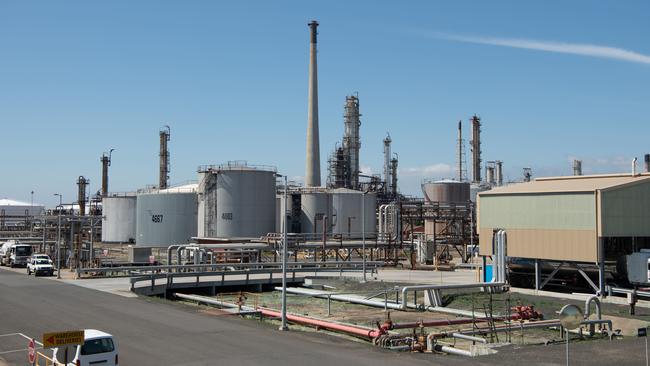
New minimum stock holding requirements for Viva’s Geelong refinery and Ampol’s refinery in Brisbane stipulate the companies must hold 20 days of diesel supplies from July 1, increasing to 32 days in 2024, and 24 days of jet fuel stocks, increasing to 27 days in 2024.
The refined fuel stocks, most of which are shipped from Singapore, are still considered by strategic experts to be well under levels required during a conflict, while getting the supplies where they are needed in a crisis also remains a concern.
The 2012 ADF Posture Review said RAAF Base Tindal, near Katherine, and its “bare bases” Sherger in Queensland and Curtin and Learmonth in WA were highly dependent on receiving fuel by roads that were vulnerable to wet season closures and could be put at risk during “high tempo” operations.
The bases will be vital to projecting force into the region in the event of a conflict.
A $727m upgrade at Tindal in co-operation with the US will install a new six million litre fuel depot at the base, together with munitions storage and an extended runway to cater for US strategic bombers, but the bare bases are yet to be upgraded and remain vulnerable to logistics breakdowns.
An upgrade to the Cocos (Keeling) Islands airfield recommended in the 2012 report has only recently been contracted and won’t be completed for at least three years, despite its long accepted strategic value.
The DSR follows the 2020 Defence Strategic Update produced for the Morrison government, which said military planners could no longer rely on a decade of strategic warning time before a major conflict in the region.


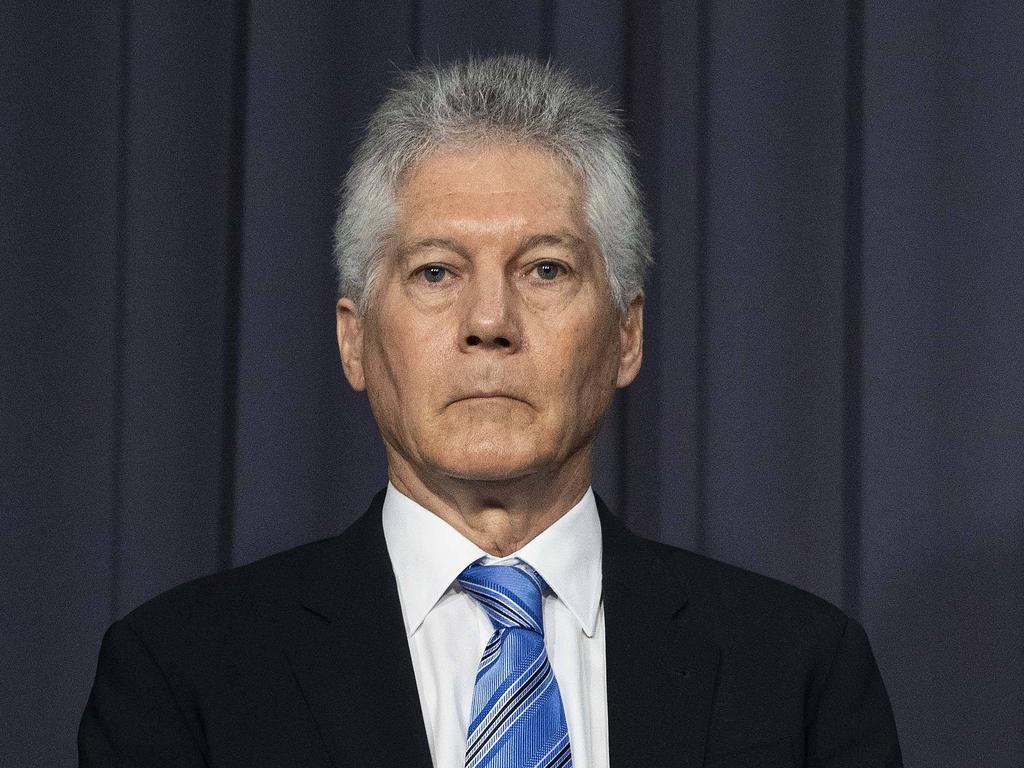
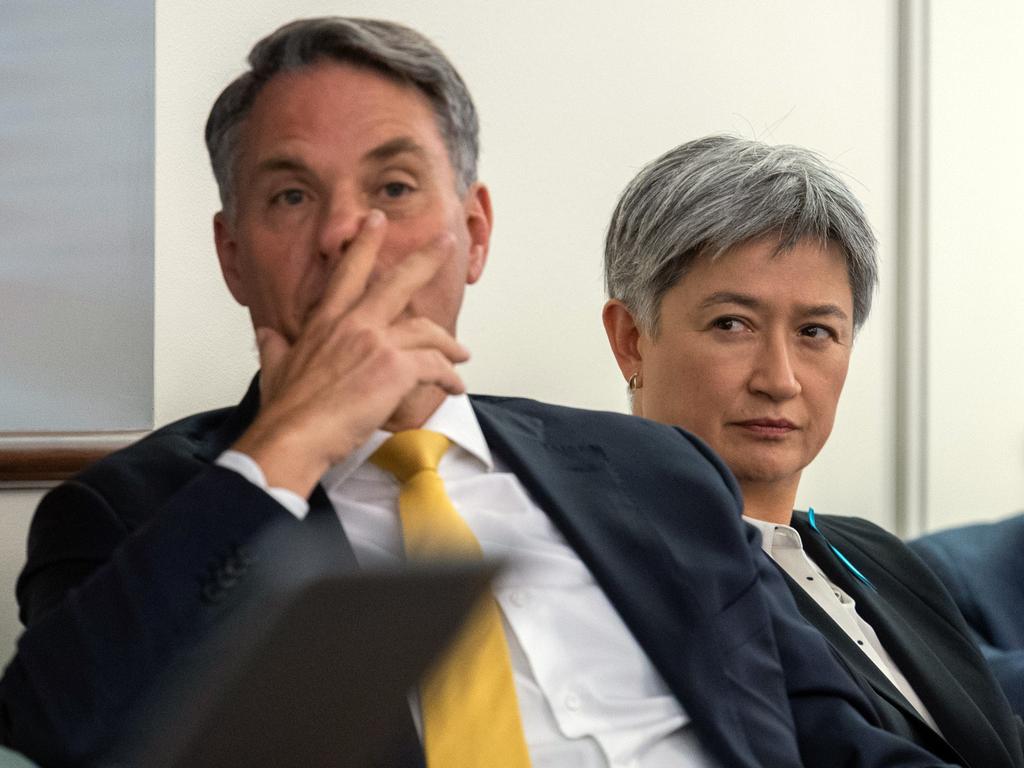
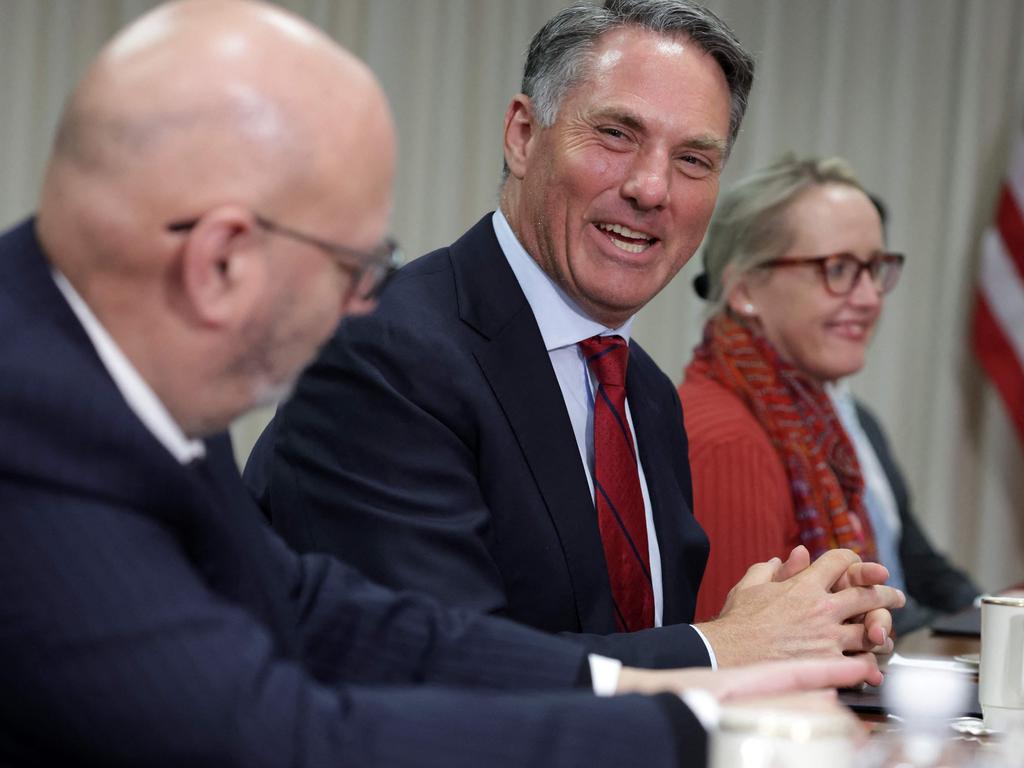


To join the conversation, please log in. Don't have an account? Register
Join the conversation, you are commenting as Logout